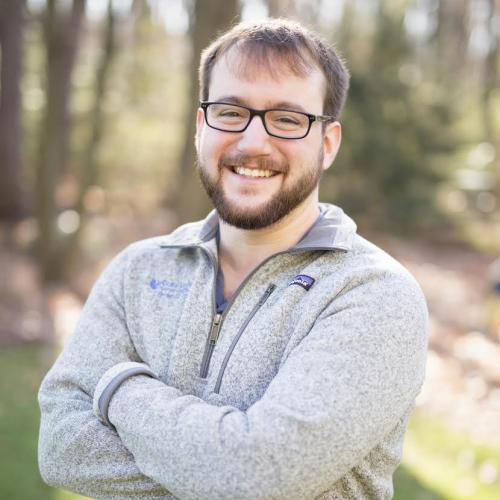
In high school, I had plans of one day going to college to become an orchestral composer and high school music teacher. My senior year of high school, I started volunteering regularly at a nursing home and assisted in various programs using music therapy with patients suffering from dementia. I’ve always had an affinity for helping others and my experiences at the nursing home confirmed the fact that health care was the best place for me. I decided on nursing because I would have more opportunities to work with patients directly—using compassion, empathy and kindness to heal.
I obtained my MSN in nursing informatics from DUSON and chose to return to earn my PhD because of the School’s excellent reputation in nursing informatics education and the expertise of the faculty. In the MSN program, I had the opportunity to work with Rachel Richesson, who is now my mentor in the PhD program. Though Dr. Richesson is not a nurse, she holds expertise in public health and informatics, and I believe that we have had success and synergy due to our different experiences and backgrounds. DUSON values diversity of thought, which is appealing to me due to my non-traditional approach to nursing science. The support I have received from DUSON and my mentorship have been overwhelmingly positive and I could not imagine feeling this supported at another school.
My MSN degree helped me to recognize areas for optimization and change with the hospital’s informatics infrastructure, which was satisfying because it helped alleviate some of my complaints that I felt as a clinical nurse. I wasn’t expecting to see the breadth of possibilities that health data holds in improving patient care and the ability it has to empower nurses and other health care professionals to make the best decisions possible. This ultimately led me to apply to the PhD program and pursue a program of research around improving clinical decision support tools by promoting novel methods and sources of data collection that are representative of clinical observation, patient-reported data and family preferences.
The landscape of health care is changing rapidly and there is an ever-growing need of new knowledge to satisfy the complexities and deficits of caring for patients. I believe it is apparent that nursing will lead much of this change and will transform as a profession into something that is completely different than what we view today. Nursing is incredibly diverse and it’s inspiring to see work being done in areas ranging from infertility and genomics to symptomology and wearable technologies. DUSON supports the need for this diversity and support in our varying interests, and pushes us to collaborate as a profession and to be translational in our thinking from research to practice.